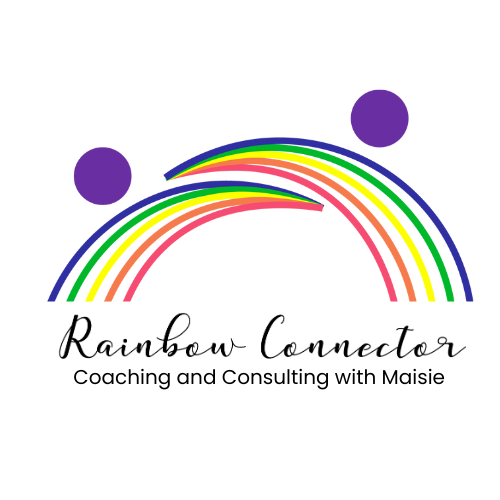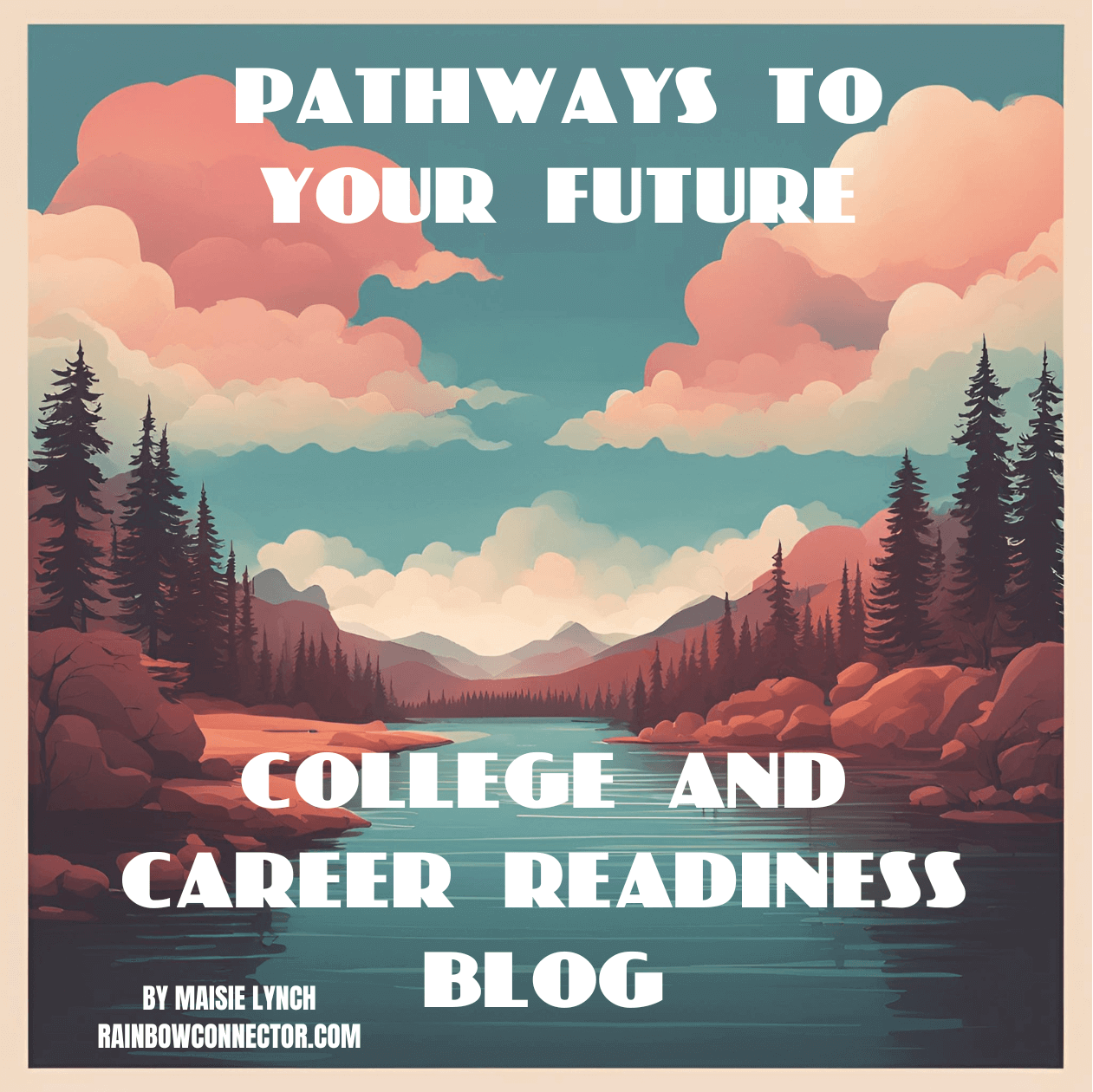
Understanding neurodiversity highlights the natural variations in neurological differences, such as autism, ADHD, and dyslexia, viewing them as natural aspects of the human brain rather than deficits. Creating inclusive communities is vital for individuals with neurodivergencies to thrive, as they provide diverse perspectives, enhance social skills, and offer access to resources during transitional periods.
Read more...
This blog post explores practical tips and techniques for teens and young adults with neurodivergencies to overcome their fear of public speaking and interviewing. The article emphasizes the importance of self-awareness, preparation, and effective communication skills. It also discusses the benefits of utilizing accommodations, embracing unique strengths, seeking support, and practicing mindfulness and stress reduction techniques.
Read more...
This blog post provides a guide for teens and young adults with neurodivergent minds on how to create a compelling resume, gain valuable experience, and highlight their remarkable soft skills. The post suggests utilizing resources such as online resume builders, online courses, and resume guides to build a strong foundation. It also recommends gaining experience through internships, volunteering, freelancing, and personal projects.
Read more...
Congratulations on your new job! Landing the job is just the beginning, and this guide is here to help individuals with neurodivergencies navigate the professional world with confidence. The post covers topics such as understanding professionalism, building relationships, handling challenges, and how to get promoted. It emphasizes the importance of continuous learning and growth, embracing your unique strengths, and facing challenges head-on to achieve professional success. Remember, you're not alone in this journey and there are resources and tools available to support you along the way. Harness your neurodiversity as a strength and pave the way for exciting opportunities in your career. Good luck!
Read more...
This blog post is part of a career planning series tailored for individuals with neurodivergencies, focusing on the decision-making process. It emphasizes how to improve your decision-making skills which are so critical in the career and educational decision-making process.
Read more...















